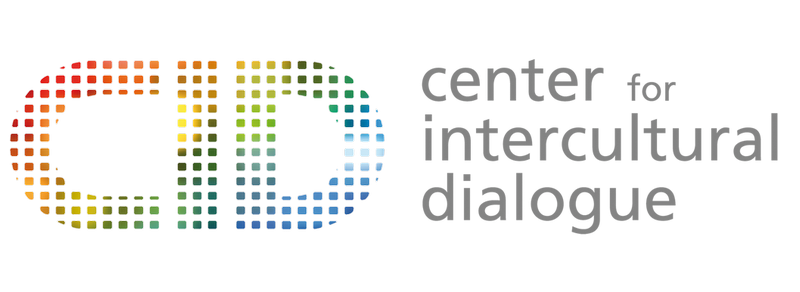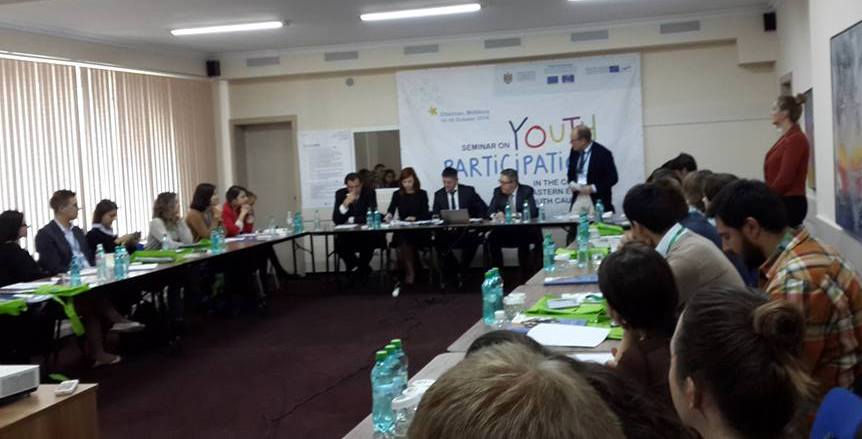From 14th to 16th October 2014 Matej Manevski attended the “Seminar on Youth Participation in the Context of Eastern Europe and South Caucasus“, held in Chișinău, Republic of Moldova. The seminar was managed by the EU-CoE (Council of Europe) Youth Partnership, together with the Ministry of Youth and Sports of the Republic of Moldova.
We were curious to find out about his experience and this is what Matej shared with us:
Q: Tell us a bit about the seminar.
A: It gathered around 40 people from Eastern Europe and South Caucasus as well as from some of the the EU states with the aim of discussing current issues related to youth participation. I think it was a great opportunity because it provided the space for youth workers of these countries to get together and share practices reflecting the realities of youth participation from individual experiences.
Q: What are the highlights of the seminar?
A: The discussion about the youth participation in our time revealed the need to switch the focus from old forms of participation (going to elections) to newer ones, involving community life, online campaigns, policy debates with youth, etc. It is important to modify the reality of youth participation according to the context, which is a challenge in itself.
Another highlight involves the recommendations developed by the EU-CoE Youth Partnership regarding the tools for promotion of youth participation. We tried to assess how relevant these recommendations are for the Eastern European and South Caucasus regions and what kind of activities would better suit for following these recommendations. Special attention was given to discussing the tools of youth participation in youth work: volunteering, Youth Bank, Yoth Councils, self-government youth bodies in educational institutions, youth information centers, etc.
Q: What was your input in the discussion?
A: It was a nice moment for CID as such to participate and present practices and realities from Macedonia which were successfull, as well as the challenges we faced in implementing our initiatives. It was interesting to compare different realities in Eastern Europe and EU countries and draw conclusions on how efficient our work is.
Gabrijela Boshkov represented CID at the 2nd European Youth Conference: “Strengthening the Recognition of Non-formal Education in European Youth Work”, that happened in Weimar, Germany, between 10-16 October 2014. It was orgnized by the “Culture Goes Europe” Socio-Cultural Initiative and by the Europaische Jugendbildungs und Jugendbegegnungsstatte Weimar, under the Erasmus+ Programme. The conference gathered around 35 youth workers and focused on the exchange of tools and instrumentsused in different European countries and on developing a common strategy to be implemented onthe local, national and European level to improve the recognition and quality of Non-Formal Educationin European Youth Work.
Q: What are the highlights of the conference?
A: The second edition was organized as an outcome of the first Conference held in Krakow last year. This time the aim was to share best practices in the recognition of non-formal education as a tool and to facilitate the communication between the involved stakeholders, which we successfully accomplished.
Q: Did it accomplish the proposed goals?
A: The activities that we performed revealed that there are many young youth workers who are full of energy and willing to learn to use efficiently the tools available under the Erasmus+ programme. This facilitated the process of establishing connections for the development of future projects. I personally enjoyed contributing with my experience and sharing the good practices that we implemented in Macedonia for reference to the newer generation of youth workers.


